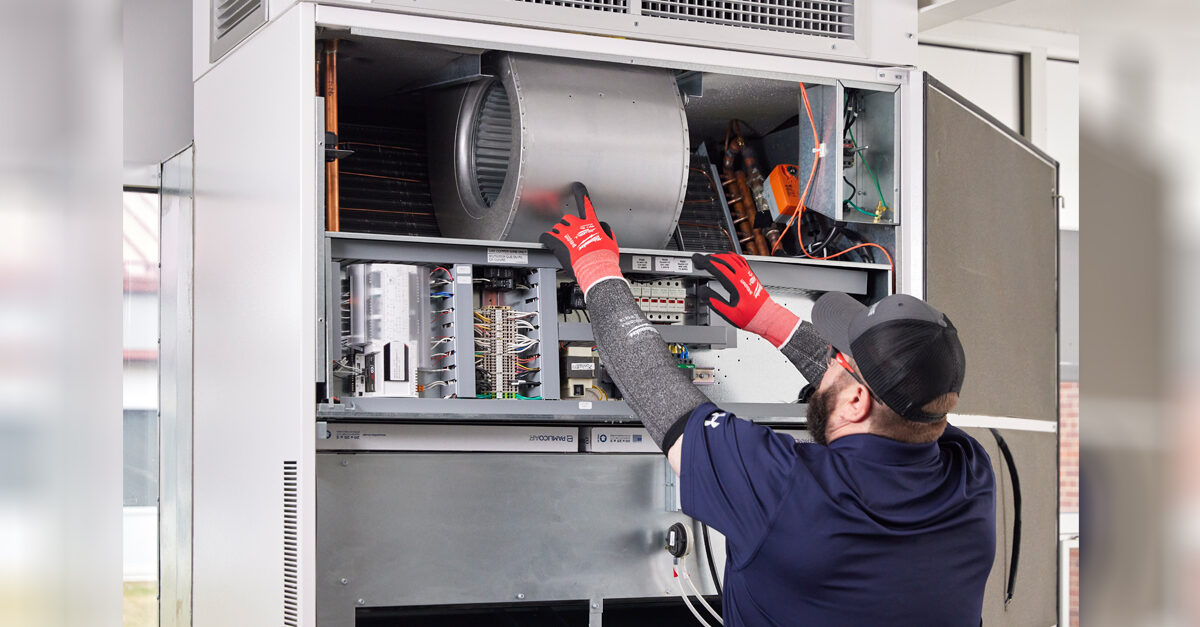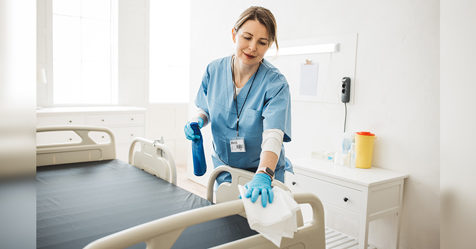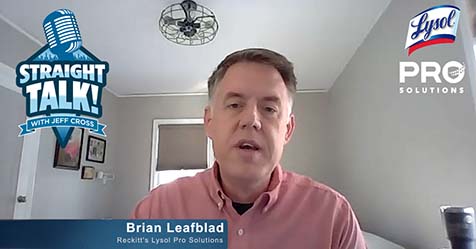Indoor air quality (IAQ) remains a priority among facility managers across the nation. While daily talks of COVID-19 may have gone by the wayside, IAQ covers a much wider spectrum than the spread of coronaviruses. Whether the goal is combating spring allergens or minimizing the number of flu pathogens, indoor air quality should and will continue to be a primary focus for facility managers and building owners serious about maintaining a healthy environment.
Mechanical HVAC equipment provides the necessary tools to create excellent IAQ for facilities, but it’s important for the equipment to operate at peak performance. These machines are responsible for providing fresh and clean air for occupants, which contributes to their overall comfort and experience while inside your building. When serviced properly and outfitted with necessary IAQ upgrades, HVAC units can create an environment that is second to none.
Create fresh, comfortable air
Consider filtration, ventilation, and dehumidification when looking to improve an HVAC unit’s IAQ capabilities. Controlled ventilation allows facility managers to control how much outside air is brought into an interior space. The U. S. Environmental Protection Agency (EPA) states that outdoor air must be supplied to each room within a range of 15 to 60 cubic feet per minute (CFM). This helps create comfortable air to breathe.
Dehumidification is also vital when creating comfortable air. If the air in a particular area is too moist, it can lead to a muggy environment which promotes organic growth near the HVAC unit. On the other hand, a lack of moisture in the air leads to dry and uncomfortable conditions. As a rule of thumb, maintain a relative humidity between 40% and 60% to keep occupants breathing easy.
Once HVAC equipment introduces fresh air into a space and controls the relative humidity, filtration helps minimize any viruses, pathogens, or allergens. Ensure you have the proper filters in place. The American Society of Heating, Refrigerating and Air Conditioning Engineers (ASHRAE) recommends using MERV 13 filters. ASHRAE also prefers MERV 14 or better if your HVAC unit is compatible.
If you’re looking for an added layer of filtration, ultraviolet (UV) disinfecting lights are an excellent solution. This HVAC upgrade draws in untreated air and pushes it through a highly reflective UV chamber with an ultraviolet light, which inactivates bacteria and fungi that pass through it.
Needlepoint bipolar Ionization technology is another upgrade to consider. This technology enables ion-charged airborne particles to attract particles of opposite polarity. As the particles attract others and grow larger, they become easier to capture in filtration systems.
Set up a maintenance agreement
There is never a substitute for regularly servicing your HVAC unit. You can apply as many upgrades as you desire to create the perfect environment. However, if limited budgets and rising costs restrict you from replacing HVAC equipment, none of the upgrades will matter if your unit malfunctions.
In addition, if the unit’s filters are dirty or contain a faulty wire, these problems could limit the HVAC system’s performance. This is where a maintenance agreement can be a facility manager’s best friend. Setting up a maintenance agreement with a professional maintenance contractor to handle the cleaning and maintenance of your HVAC unit ensures that no bolt will go uninspected. As part of the maintenance agreement, the professional will handle a multitude of tasks including:
- Installing new filters
- Cleaning external surfaces
- Brushing and vacuuming all coils
- Checking belts and pulleys
- Cleaning and vacuuming inside the cabinet
- Checking and recording operational data for cooling and/or heating operations
- Regularly monitoring all electrical connections and mechanical connections
- Checking the condensate drain line.
Allowing a professional to perform these measures will help ensure your system is operating at peak levels.
Be proactive, not reactive
When it comes to the comfort and safety of your facility’s occupants, it’s always important to be proactive. An HVAC unit that operates at maximum performance is key. Adding upgrades to better equip your HVAC unit to combat airborne pathogens, along with partnering with a certified HVAC maintenance professional, will go a long way in creating optimal IAQ.



